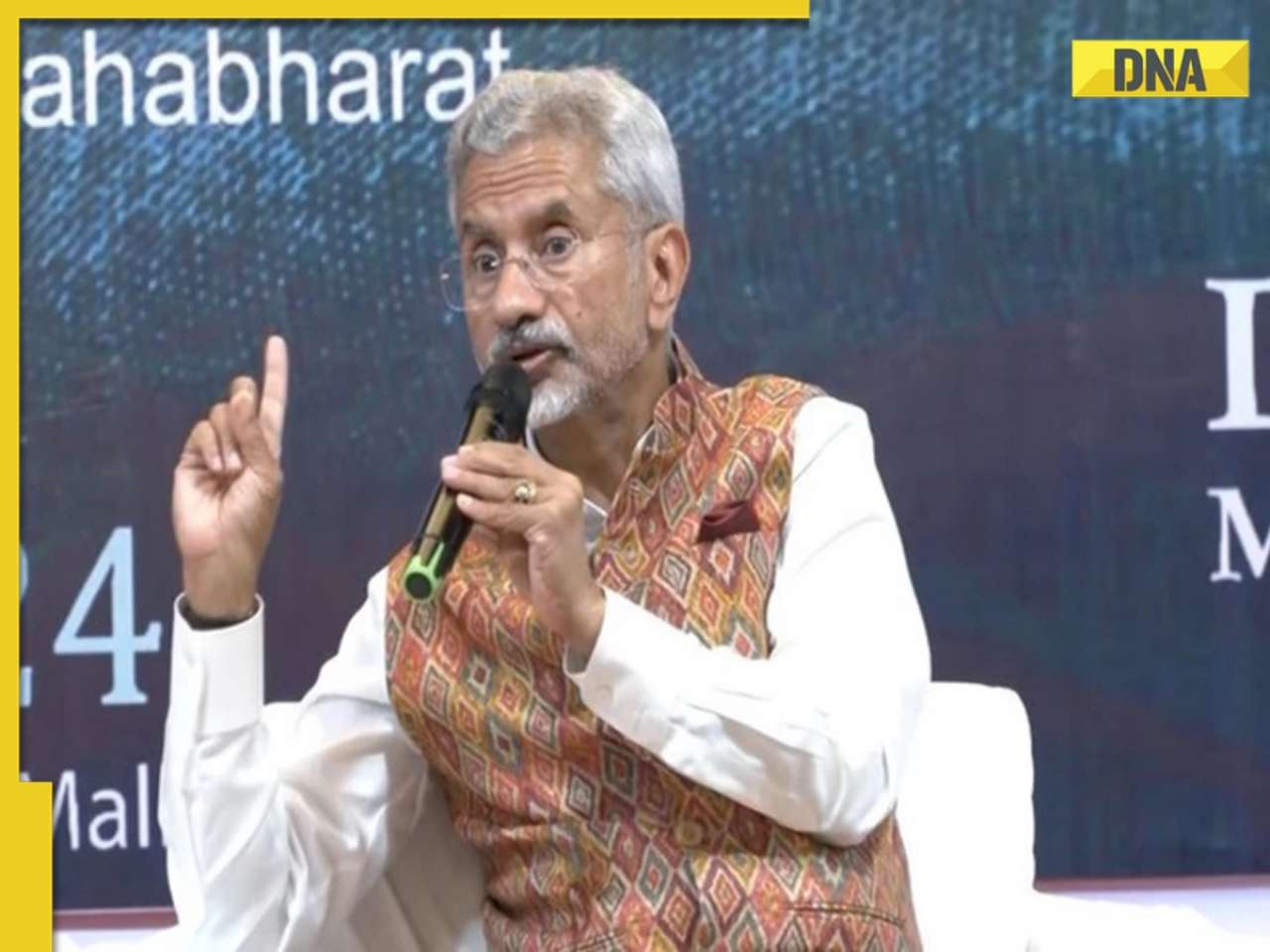The brainchild of Australian entrepreneur James Mawhinney, the platform is promising to give individuals and companies the chance to hit back at misinformation that is published about them, their business or their industry
By Charles Farley
If you’ve ever read falsehoods about yourself or your business, and there was nothing you could do to counter the lies or repair the damage, then a new reputation management platform on the horizon will likely grab your attention.
The brainchild of Australian entrepreneur James Mawhinney, the platform is promising to give individuals and companies the chance to hit back at misinformation that is published about them, their business or their industry.
Mawhinney, the Kismet Group founder who has previously invested in tech companies and large-scale tourism initiatives, says the platform is a tool to fight misinformation, which is perpetuated across all forms of media leading to injustices and a factual distortions.
“The problem with misinformation is that once it’s been published, and seems to come from a credible source, it gains currency,” says Mawhinney. “Digital platforms allow a inaccuracies to go global very quickly which is why a platform is needed to give people a Right of Reply. With our platform you can upload any form of media – a newspaper article, online review, video or photo – and respond to it.”
Unlike Substack, where journalists and subject-experts publish essays, Mawhinney’s initiative allows the user to deconstruct published misinformation in specific terms and with factual material that refutes what has been written or broadcast.
Mawhinney, 39, was a child business prodigy who became head of his father’s digital media business while he was still a teenager in Perth, Western Australia. He went on to acquire a slew of complimentary digital-focused companies in an ASX-listed company while he was in his twenties and undertaking a law-business degree.
He says the idea of an anti-misinformation platform came to him while he and his Australia-based private equity business – Mayfair 101 – fought an epic legal battle with the Australian Securities and Investments Commission (ASIC), which is the Downunder version of the American SEC.
Mayfair 101 had half a billion dollars in global investments in tech, tourism and corporate debt across ten countries, at the time the corporate regulator tried to shut him down in 2020 following a misinformation campaign driven by competitive forces.
This led to 570 lenders to his group having $211 million in funds frozen, liquidators appointed and ongoing legal actions costing tens of millions of dollars. A massive tourism redevelopment of Dunk Island in Far North Queensland, and adjacent Mission Beach, was shut down as ASIC dissolved the funding model.
“It occurred to me during this debacle that I needed a platform where I could post the misinformation alleged and relied on by ASIC, and then point out the errors and inaccuracies,” says Mawhinney. “The errors were so obvious yet we had our hands tied by court orders so couldn’t access funding to mount a defence. It was a terrible situation perpetuated by the spread of misinformation which went unchecked.”
He says the significant difference between his new reputation management service and other social media platforms is that while responses inside the platform will be alerted to users who follow them, profiles will be read-only, meaning no comments are allowed. This key distinction creates an interesting paradigm shift in how information is communicated and disseminated, reducing the risk of the proliferation of misinformation.
Mawhinney says media and information distribution are in a need of a shake-up. Gallup’s media confidence poll from 2022 shows Americans’ confidence in newspapers and TV news at an all-time low. Only 16% of Americans had ‘a great deal’ or ‘quite a lot’ of confidence in newspapers and only 11% had that confidence in TV news.
Reporters Without Borders’ has called out the problem of government misinformation in its recent World Press Freedom Index 2023:
In 118 countries (two-thirds of the 180 countries evaluated by the Index), most of the Index questionnaire’s respondents reported that political actors in their countries were often or systematically involved in massive disinformation or propaganda campaigns. The difference is being blurred between true and false, real and artificial, facts and artifices, jeopardising the right to information.
“A lot of businesses will become users for reputation-management purposes, while subject-experts will want to correct inaccuracies in reporting about a subject they deeply understand. We know there is demand from public figures – entertainers, sports people, corporate leaders – who want the right of reply to clarify inaccuracies.”
Mawhinney says he is integrating a sophisticated verification systems that allow users’ identities to be verified to protect the integrity of the platform.
(Above mentioned article is consumer connect initiative. This article is a paid publication and does not have journalistic/editorial involvement of DMCL, and DMCL claims no responsibility whatsoever)
![submenu-img]() Meet IIT-JEE topper with AIR 1, son of government school teachers, he went on to pursue...
Meet IIT-JEE topper with AIR 1, son of government school teachers, he went on to pursue...![submenu-img]() Salman Khan house firing case: One more Lawrence Bishnoi gang member arrested by Mumbai Police
Salman Khan house firing case: One more Lawrence Bishnoi gang member arrested by Mumbai Police ![submenu-img]() Mukesh Ambani to host Anant-Radhika's second pre-wedding function: Trip to start from Italy with 800 guests and end in..
Mukesh Ambani to host Anant-Radhika's second pre-wedding function: Trip to start from Italy with 800 guests and end in..![submenu-img]() Driver caught on camera running over female toll plaza staff on Delhi-Meerut expressway, watch video
Driver caught on camera running over female toll plaza staff on Delhi-Meerut expressway, watch video![submenu-img]() 'If you come and do something here...': EAM S Jaishankar on India's 'message' against terrorism
'If you come and do something here...': EAM S Jaishankar on India's 'message' against terrorism![submenu-img]() Meet IIT-JEE topper with AIR 1, son of government school teachers, he went on to pursue...
Meet IIT-JEE topper with AIR 1, son of government school teachers, he went on to pursue...![submenu-img]() TN 11th Result 2024: TNDGE Tamil Nadu HSE (+1) result declared, direct link here
TN 11th Result 2024: TNDGE Tamil Nadu HSE (+1) result declared, direct link here![submenu-img]() Meet doctor who cracked UPSC exam with AIR 9 but didn’t became IAS due to…
Meet doctor who cracked UPSC exam with AIR 9 but didn’t became IAS due to…![submenu-img]() TN 11th Result 2024 to be declared today; know how to check
TN 11th Result 2024 to be declared today; know how to check![submenu-img]() Meet man who worked as coolie, studied from railway's WiFi, then cracked UPSC exam to become IAS, secured AIR...
Meet man who worked as coolie, studied from railway's WiFi, then cracked UPSC exam to become IAS, secured AIR...![submenu-img]() DNA Verified: Is CAA an anti-Muslim law? Centre terms news report as 'misleading'
DNA Verified: Is CAA an anti-Muslim law? Centre terms news report as 'misleading'![submenu-img]() DNA Verified: Lok Sabha Elections 2024 to be held on April 19? Know truth behind viral message
DNA Verified: Lok Sabha Elections 2024 to be held on April 19? Know truth behind viral message![submenu-img]() DNA Verified: Modi govt giving students free laptops under 'One Student One Laptop' scheme? Know truth here
DNA Verified: Modi govt giving students free laptops under 'One Student One Laptop' scheme? Know truth here![submenu-img]() DNA Verified: Shah Rukh Khan denies reports of his role in release of India's naval officers from Qatar
DNA Verified: Shah Rukh Khan denies reports of his role in release of India's naval officers from Qatar![submenu-img]() DNA Verified: Is govt providing Rs 1.6 lakh benefit to girls under PM Ladli Laxmi Yojana? Know truth
DNA Verified: Is govt providing Rs 1.6 lakh benefit to girls under PM Ladli Laxmi Yojana? Know truth![submenu-img]() Remember Harsh Lunia? Just Mohabbat child star, here's how former actor looks now, his wife is Bollywood's popular...
Remember Harsh Lunia? Just Mohabbat child star, here's how former actor looks now, his wife is Bollywood's popular...![submenu-img]() Mother's Day 2024: Bollywood supermoms who balance motherhood, acting, and run multi-crore businesses
Mother's Day 2024: Bollywood supermoms who balance motherhood, acting, and run multi-crore businesses![submenu-img]() Rocky Aur Rani's Golu aka Anjali Anand shocks fans with drastic weight loss without gym, says fitness secret is...
Rocky Aur Rani's Golu aka Anjali Anand shocks fans with drastic weight loss without gym, says fitness secret is...![submenu-img]() In pics: Ram Charan gets mobbed by fans during his visit to Pithapuram for ‘indirect campaign’ for uncle Pawan Kalyan
In pics: Ram Charan gets mobbed by fans during his visit to Pithapuram for ‘indirect campaign’ for uncle Pawan Kalyan![submenu-img]() Streaming This Week: Yodha, Aavesham, Murder In Mahim, Undekhi season 3, latest OTT releases to binge-watch
Streaming This Week: Yodha, Aavesham, Murder In Mahim, Undekhi season 3, latest OTT releases to binge-watch![submenu-img]() Haryana Political Crisis: Will 3 independent MLAs support withdrawal impact the present Nayab Saini led-BJP government?
Haryana Political Crisis: Will 3 independent MLAs support withdrawal impact the present Nayab Saini led-BJP government?![submenu-img]() DNA Explainer: Why Harvey Weinstein's rape conviction was overturned, will beleaguered Hollywood mogul get out of jail?
DNA Explainer: Why Harvey Weinstein's rape conviction was overturned, will beleaguered Hollywood mogul get out of jail?![submenu-img]() What is inheritance tax?
What is inheritance tax?![submenu-img]() DNA Explainer: What is cloud seeding which is blamed for wreaking havoc in Dubai?
DNA Explainer: What is cloud seeding which is blamed for wreaking havoc in Dubai?![submenu-img]() DNA Explainer: What is Israel's Arrow-3 defence system used to intercept Iran's missile attack?
DNA Explainer: What is Israel's Arrow-3 defence system used to intercept Iran's missile attack?![submenu-img]() Salman Khan house firing case: One more Lawrence Bishnoi gang member arrested by Mumbai Police
Salman Khan house firing case: One more Lawrence Bishnoi gang member arrested by Mumbai Police ![submenu-img]() Meet actress, who got rejected for her looks, had no hit for 15 years; later beat Alia, Deepika, Katrina at box office
Meet actress, who got rejected for her looks, had no hit for 15 years; later beat Alia, Deepika, Katrina at box office![submenu-img]() Abdu Rozik breaks silence on his wedding announcement being called ‘publicity stunt’: ‘The whole world is…’
Abdu Rozik breaks silence on his wedding announcement being called ‘publicity stunt’: ‘The whole world is…’![submenu-img]() Meet actress who made debut with Salman Khan, had super flop career, then got TB, now lives in chawl, runs..
Meet actress who made debut with Salman Khan, had super flop career, then got TB, now lives in chawl, runs..![submenu-img]() Meet actress who worked with Naseeruddin Shah, sister of popular models, is now getting trolled on social media for..
Meet actress who worked with Naseeruddin Shah, sister of popular models, is now getting trolled on social media for..![submenu-img]() Driver caught on camera running over female toll plaza staff on Delhi-Meerut expressway, watch video
Driver caught on camera running over female toll plaza staff on Delhi-Meerut expressway, watch video![submenu-img]() Delhi man takes 200 flights in 110 days, steals lakhs worth of jewelry from passengers
Delhi man takes 200 flights in 110 days, steals lakhs worth of jewelry from passengers![submenu-img]() Viral video: Man makes paratha with 'diesel', internet reacts
Viral video: Man makes paratha with 'diesel', internet reacts![submenu-img]() Viral video of 'black jalebi' leaves internet in shock; netizens say 'hey bhagwan...'
Viral video of 'black jalebi' leaves internet in shock; netizens say 'hey bhagwan...'![submenu-img]() Real-life Bambi and Thumper? Adorable deer and rabbit video melts hearts online
Real-life Bambi and Thumper? Adorable deer and rabbit video melts hearts online






































)

















)
)
)
)
)
)